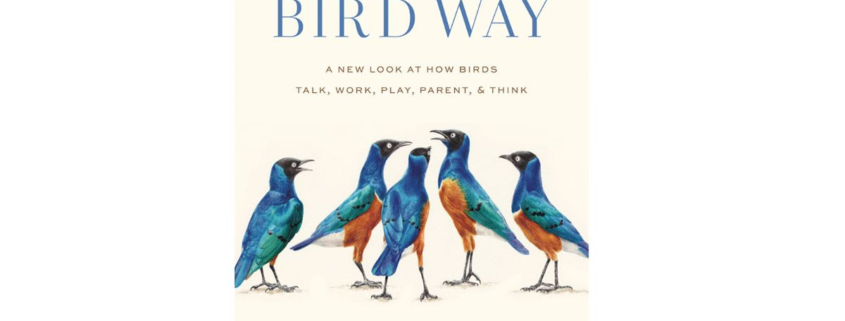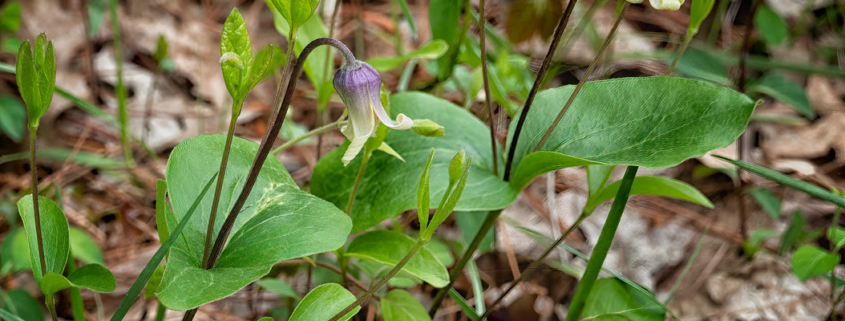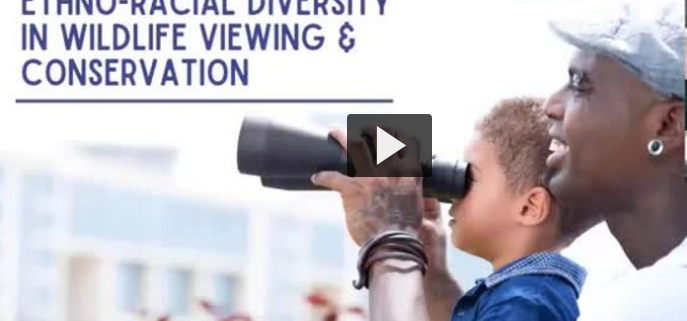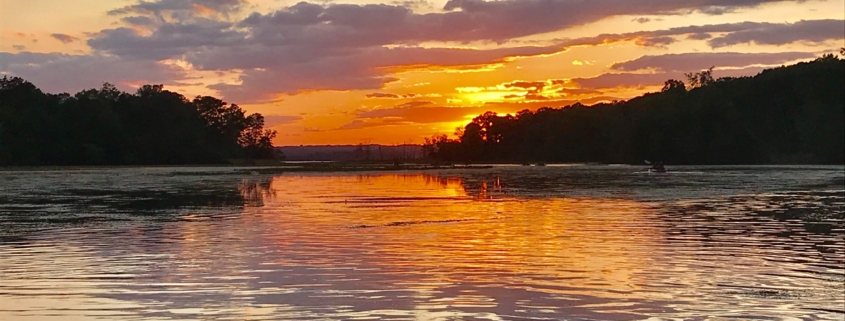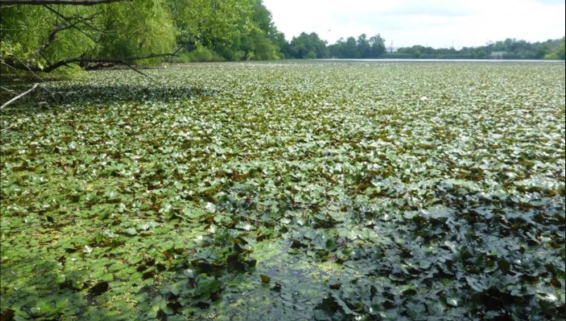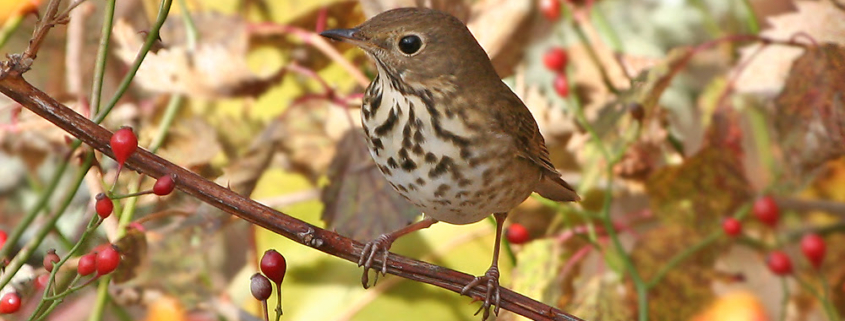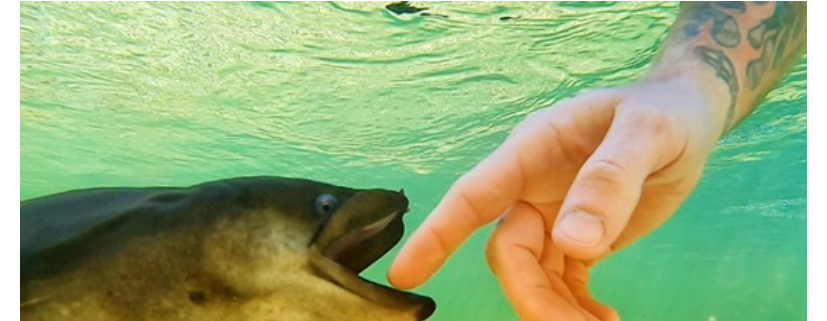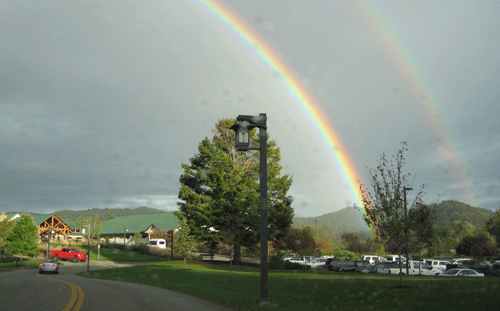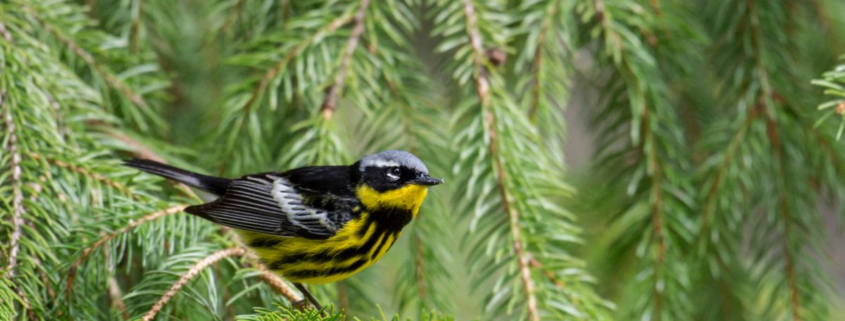A closed-captioned recording of the webinar is now available online, in case you missed it, want to watch again, or would like to share it with others. You can find the webinar here: https://video.vt.edu/media/0_4ng4izoa.
In this webinar, Jonathan Rutter (Virginia Tech) shares some insights from the social sciences on ethno-racial diversity in wildlife viewing and conservation. At the center of the webinar is a study on the relationship between race, ethnicity, and birdwatcher specialization based on a large, national survey of eBird users. Jonathan also shares an overview of the importance of ethno-racial diversity in wildlife conservation, management, and recreation; barriers to minority participation in outdoor recreation; and best practices for promoting diversity, equity, and inclusion in wildlife viewing, based on literature review conducted for this project. A short panel discussion includes Dr. Ashley Dayer (Virginia Tech) and Dr. Jennie Duberstein (Sonoran Joint Venture), who are co-authors on the study.
This webinar emerged principally in response to requests from the conservation community for broader translation of findings from the birdwatcher survey and in an effort to distill and share social science that can guide conservation organizations as they work to address issues related to diversity, equity, and inclusion. It is in no way intended to replicate or replace the rich and important conversations about the lived experiences of people of color in birding, science, and conservation that have been occurring for some time, and increasingly over the summer of 2020. We acknowledge that the racial composition of speakers in this webinar is more reflective of our existing conservation community than the community we want to build, and we look forward to opportunities to highlight more diverse voices and perspectives in subsequent webinars and resources.
This webinar was co-hosted by the Human Dimensions Subcommittee of the North American Bird Conservation Initiative (NABCI) and the Wildlife Viewing and Nature Tourism Working Group of the Association of Fish and Wildlife Agencies (AFWA).
A list of the references used in the presentation and some other recommended reading can be found as an attachment in the webinar link.


